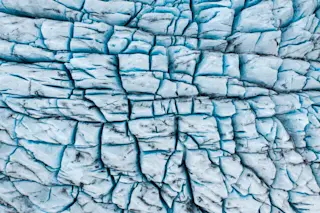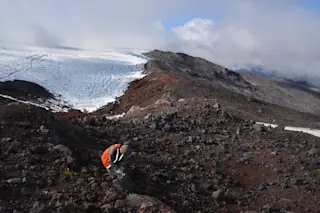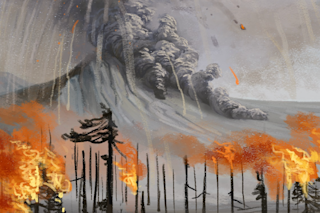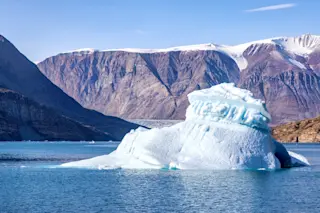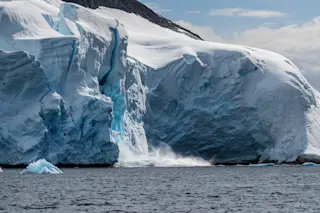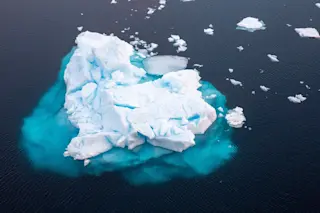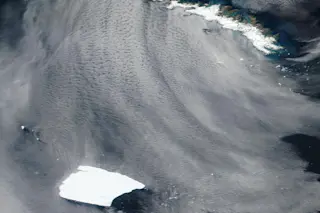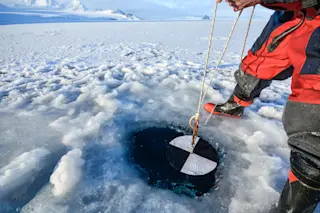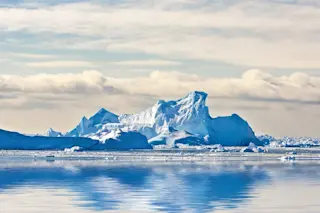At the foot of an active volcano 900 miles from the South Pole, Tom Leard leads a fearless band of men and women over a battlefield of frozen sea, beneath a relentless sun. Ash billows out from the peak behind them as they approach their enemies, who stand staggered across the barren stretch of ice, clad in black from head to toe.
"Don't let them in your heads," Leard tells his motley crew of carpenters, engineers, and service workers. "We're the underdogs, but if we support each other, we can win."
Here, on a January day in Antarctica's frozen McMurdo Sound, Leard and company have come for the latest installment of a decades-long tradition: A rugby match, played between the American and New Zealand research bases, on a field of sea ice 10 feet thick.
Just a few miles away, scientists lead some of the world’s most exotic research projects, ...


